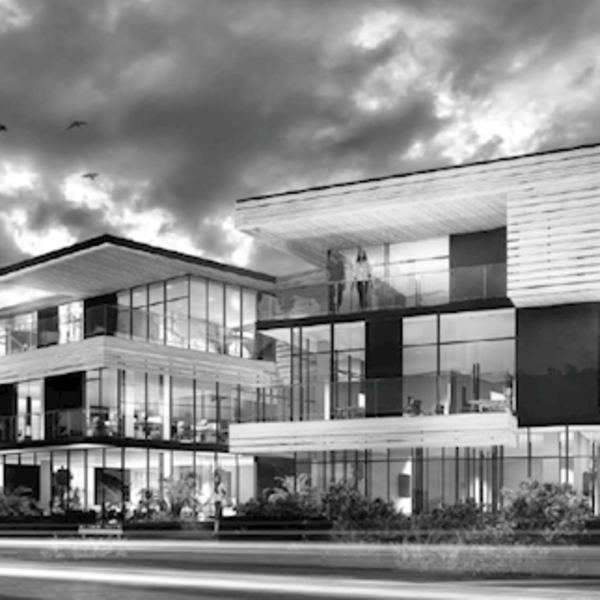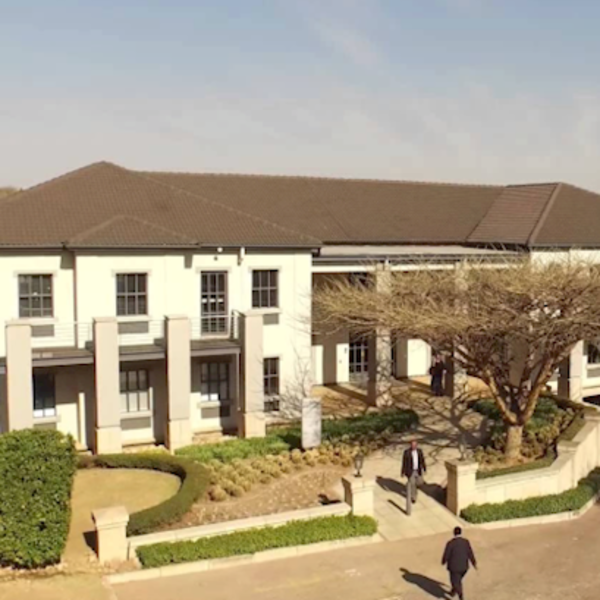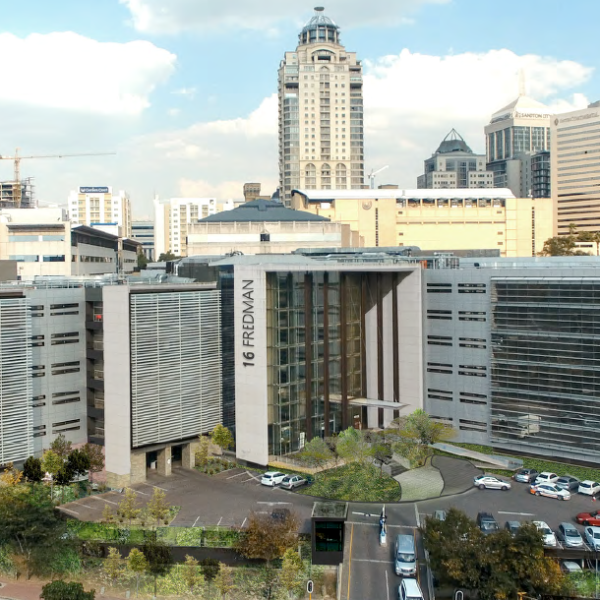Common Aspects of Corporate Lease Structuring
Property Insights
When it comes to commercial property, most lease agreements have several common clauses that set out the expectations and rights of both the landlord and the tenant involved. These can go a long way to keeping the tenant/landlord relationship harmonious, and in preventing legal action and unnecessary costs on both sides. The most common lease clauses to be found in a commercial property agreement usually include the following:
1. Term of the lease
The length of a commercial lease varies, but typically in a commercial contract the lease lasts for around 3-5 years. Almost all leases will state the beneficial occupation period (one or two months), a formal lease commencement date and the expiry date of the lease period. Often a notice period of 6-12 months prior to lease expiry is included in the lease agreement, which gives both parties enough time to make provision for a new replacement lease, or to exit the existing one.
2. Use of the property by the tenant
In any commercial lease, there may be restrictions as to how a property can be used – for example, the landlord may specify that it can only be used as a commercial space rather than a residential one. Tenants should pay specific attention to the municipal zoning permissions in place which could impact on their operations within a building or property. Any contravention of the permitted by-laws could lead to fines or even a shutdown by law enforcement. Above all, ensure specific retail, office or industrial zonings applicable to your business operations are in place before committing to a lease.
3. Security deposit
Most leases include a clause about a security deposit in the form of cash or a bank guarantee that is held in favour of the landlord should the tenant breach the lease in terms of non-payment or damage to the property. In South Africa, there are strict rules for how deposits should be handled, where they are kept, and whether interest is payable to the tenant on the deposit amount. There are also often deadlines in the lease for when the deposit should be refunded to the tenant – usually this is 2-3 months after the lease has ended, when the tenant has moved out and landlord has had a reasonable period to assess the property for damage.
4. Rights to do with the possession of the property
This part of the lease will outline what the tenant’s rights are regarding the possession of the premises. Broadly speaking, the landlord is agreeing to lend the property to the tenant for their use, and possession will not be interfered with during the term of the lease. However this doesn’t mean that the landlord cannot access the premises – usually they would need to do this for repairs and maintenance, for example. The terms of access should all be clearly outlined in the lease.
5. Improvements to the leased property
In general, the tenant is not allowed to make improvements to the property to accommodate their business unless they are given express permission by the landlord, or unless there is a new agreement. If improvements are made, these will typically become the property of the landlord once the lease ends.
6. Property maintenance
How the property is maintained and who pays for it varies greatly between leases, though in most commercial leases the landlord is responsible for most maintenance. In some cases, specifically where triple-net lease is agreed, all maintenance and general upkeep of a facility will become the responsibility of the tenant. For example, a warehouse tenant could be responsible for the maintaining all air-conditioning, cranes, roller doors, dock-levellers and electrical installations, whilst the major structural maintenance and insurance would be covered by the landlord.
7. Subleasing the property
Most landlords will allow sub-leasing subject to their concluding a suitable vetting process. If the landlord permits a sublease to a third-party, he may elect to keep the original tenant liable for some or all of the remaining rental obligations thereby covering themselves for any potential risks associated with any lease reapportionment.
8. Renewal period
Many commercial leases will give the tenant the option to renew the lease before the lease period has expired. This will typically be a window within the existing lease – such as the 3-6 months prior to lease expiry – during which the tenant and landlord can negotiate a new agreement.
Overall, it’s important that both parties negotiate with a good grasp of market conditions so that equitable terms are reached for both parties.
Related blog posts (4)

Covid-19: Can you get rent relief on your commercial property?
Commercial Property

Benefits to Leasing Commercial Property
Property Insights

Finding commercial space for your business
Property Insights

